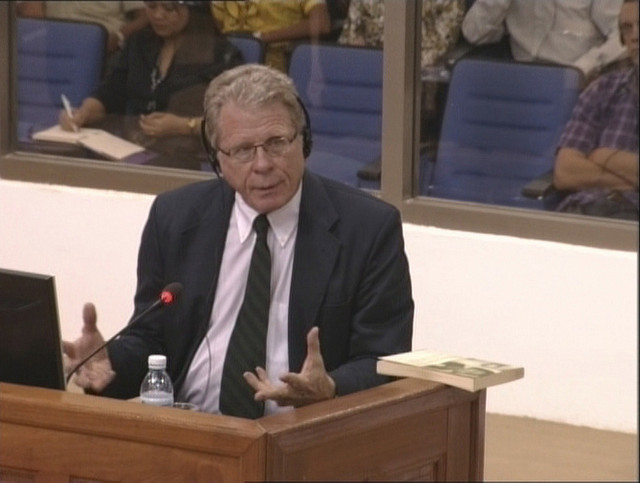January 29, 2015
One of the duties of a litigator is to prepare the client to testify at a deposition, mediation, hearing or trial. Clear, credible and cogent testimony puts the party in the best position to prevail. While judges, arbitrators and juries want to see the contracts and key documents, they also want to hear directly from the parties whose dispute is before the court.
Experienced trial attorneys know what to expect of themselves and their witnesses from the facts of the case. When it comes to public speaking, witness preparation typically includes discussion of the disputed facts and legal arguments in the case. While an attorney may not tell the client or witness what to say, he may ask practice examination questions. Witnesses quickly learn that courtroom or deposition testimony differs from ordinary conversation or interviews. A witness may have little or no public speaking training or experience. There may not be time for a witness to gain valuable experience in Toastmasters International or other activities to practice speaking skills. So how can a witness prepare herself to give effective testimony in her own case?
This month, Brian K. Johnson and Marsha Hunter published a new book, “The Articulate Witness: An Illustrated Guide to Testifying Confidently Under Oath.” This edition is available in print or e-book format. Johnson & Hunter are consultants who train attorneys for a variety of public speaking settings. I have read one of their other books and attended one of their seminars. “The Articulate Witness” is useful to parties and witnesses seeking an overview of the legal testimonial process. It is a valuable resource for attorneys and law students seeking insights in how to better prepare their clients to testify. Professional experts evaluating their own habits and skills would benefit as well. The book is a breezy 50 pages with copious illustrations. I finished it riding on the D.C. Metro between the Judiciary Square & West Falls Church stations. The book focuses on the mechanics of speaking confidently in litigation situations, including cross-examination. The book would be useful to a witness when they first know that a deposition, hearing, trial, etc. will occur. It is not a good book to read the evening before the big day. The reader may desire to practice some of the exercises or discuss them with the attorney beforehand. The book is not a proper substitute for trial preparation with one’s attorney.
A common mistaken belief is that public speaking involves only expressing one’s thoughts using one’s voice. Johnson & Hunter do a great job of showing how it is also a “physical” activity, involving posture, gestures, handling exhibit documents, facial expression and eye contact.
“The Articulate Witness” is an excellent reference for witnesses,attorneys, experts or any other person whose profession or circumstances require him to speak in a legal proceeding. Mastery of the facts and laws is not sufficient. One must be prepared to cogently communicate one’s position to others.
photo credit: Extraordinary Chambers in the Courts of Cambodia via photopin cc


